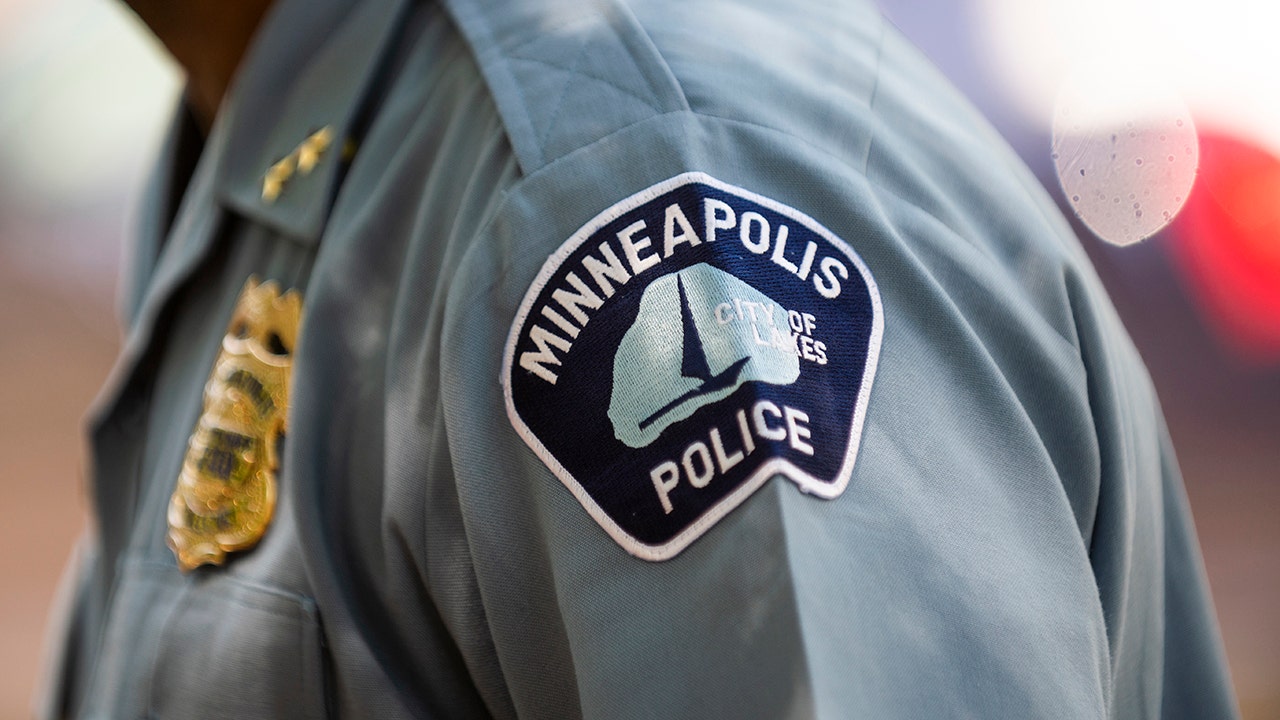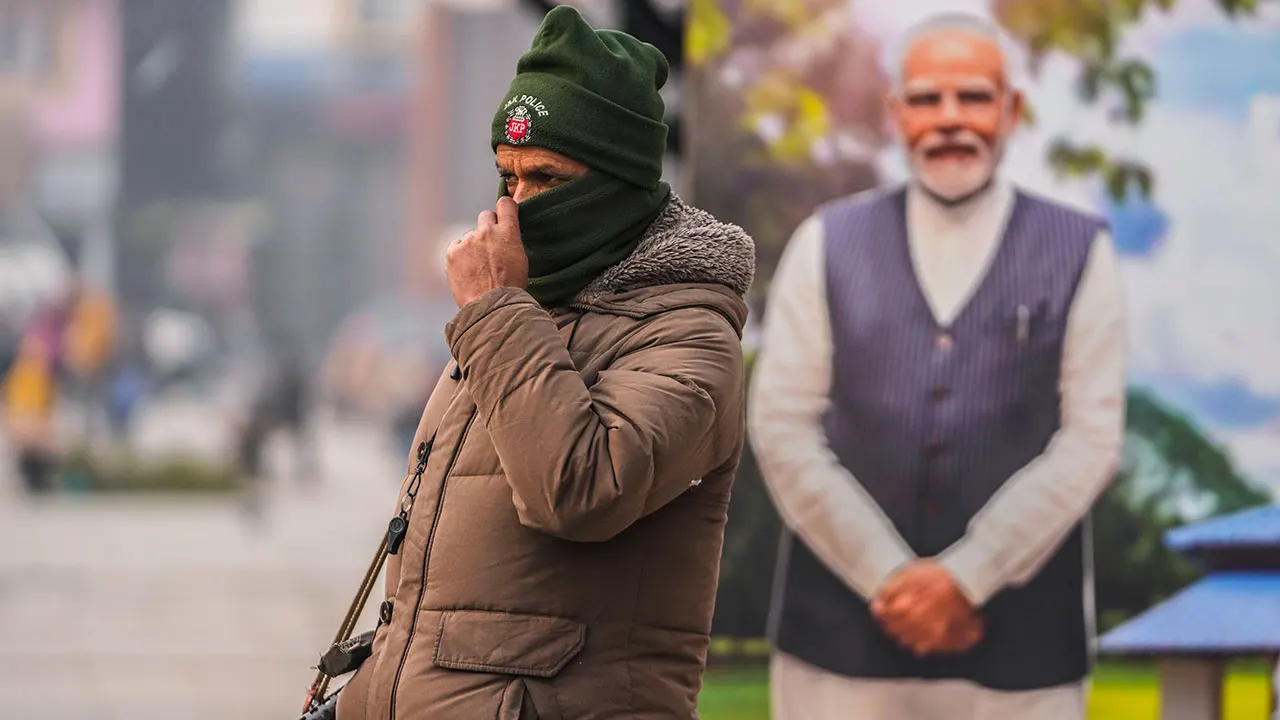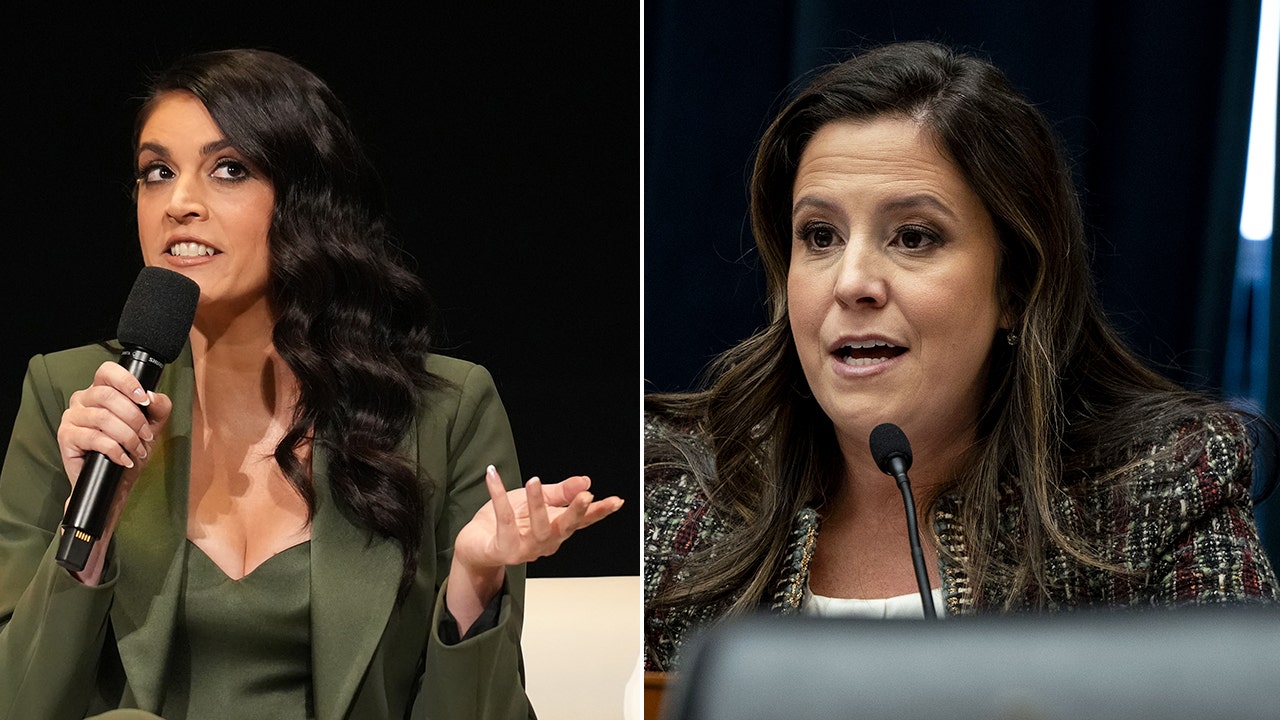A federal judge on Monday ordered the North Carolina Board of Elections to certify the results of a contentious State Supreme Court race, rejecting efforts from the Republican challenger to throw out thousands of votes.
The ruling is the most significant legal victory yet for the Democratic incumbent, Justice Allison Riggs, as the case has ping-ponged through state and federal courts and tested the boundaries of post-election litigation.
Two recounts confirmed that she won in November by 734 votes. But the Republican candidate, Judge Jefferson Griffin, has for months sought to reverse his loss by calling into question the eligibility of thousands of voters.
On Monday, the federal judge, Richard E. Myers II of the U.S. District Court for the Eastern District of North Carolina, ordered that all the challenged ballots should be counted. Not doing so would violate the constitutional due process rights of those voters, he said.
“You establish the rules before the game,” Judge Myers, a Trump appointee, wrote in his 68-page ruling. “You don’t change them after the game is done.”
But he gave Judge Griffin, who sits on the North Carolina Court of Appeals, seven days to appeal. That means that the ruling may not be the end of the case.
The results of the race are the last ones to be certified from the 2024 election.
If Judge Myers’s ruling stands, it will bring closure to an election purgatory that has lasted nearly six months. But election experts warn that the extraordinary series of challenges from Judge Griffin, as well as an openness from the courts to entertain the lawsuits, has already created a blueprint for future efforts to overturn elections.
Judge Griffin had initially argued that some 65,000 ballots should be tossed because of a variety of eligibility issues, filing a protest with the State Board of Elections after it twice certified Judge Riggs’s victory.
In that list he included thousands of military and overseas ballots because, he said, those voters hadn’t submitted a photo ID or an ID exception form with their absentee ballots — even though they were exempt from these requirements before the election.
And he challenged nearly 300 voters who he said were “Never Residents” because they had never lived in North Carolina but were registered to vote there. “Never Residents” typically include people working overseas or children of military parents who turn 18 while their family is stationed abroad. North Carolina passed a law in 2011 allowing such people to vote in the state, but Judge Griffin had argued against it.
In April, the State Supreme Court partially agreed with Judge Griffin, ruling that the military and overseas ballots should be verified, and that the votes from “Never Residents” should be thrown out. Justice Riggs, who has recused herself from the case, appealed the ruling to the federal court.
On Monday, Judge Myers ordered the elections board not to take any other action besides certifying the results. The “retroactive invalidation” of military and overseas ballots would be a violation of those voters’ due process rights, he wrote.
And without an opportunity to challenge their characterization as “Never Residents,” Judge Myers added, there would be “an unconstitutional burden on the right to vote” for those people.
The case, Judge Myers wrote, was a question of whether the U.S. Constitution “permits a state to alter the rules of an election after the fact and apply those changes retroactively to only a select group of voters.” It also presented the question of whether a state could “redefine its class of eligible voters but offer no process to those who may have been misclassified as ineligible.”
“To this court, the answer to each of those questions is ‘no,’” he wrote.
It was not immediately clear whether Judge Griffin would appeal the ruling. Paul Shumaker, a veteran Republican strategist in Raleigh, N.C., who consulted him during his campaign, said in a text on Monday that “the legal team is reviewing and evaluating next steps.”
In a statement on Monday, Justice Riggs declared, “Today, we won.”
“I’m proud to continue upholding the Constitution and the rule of law as North Carolina’s Supreme Court justice,” she said.















